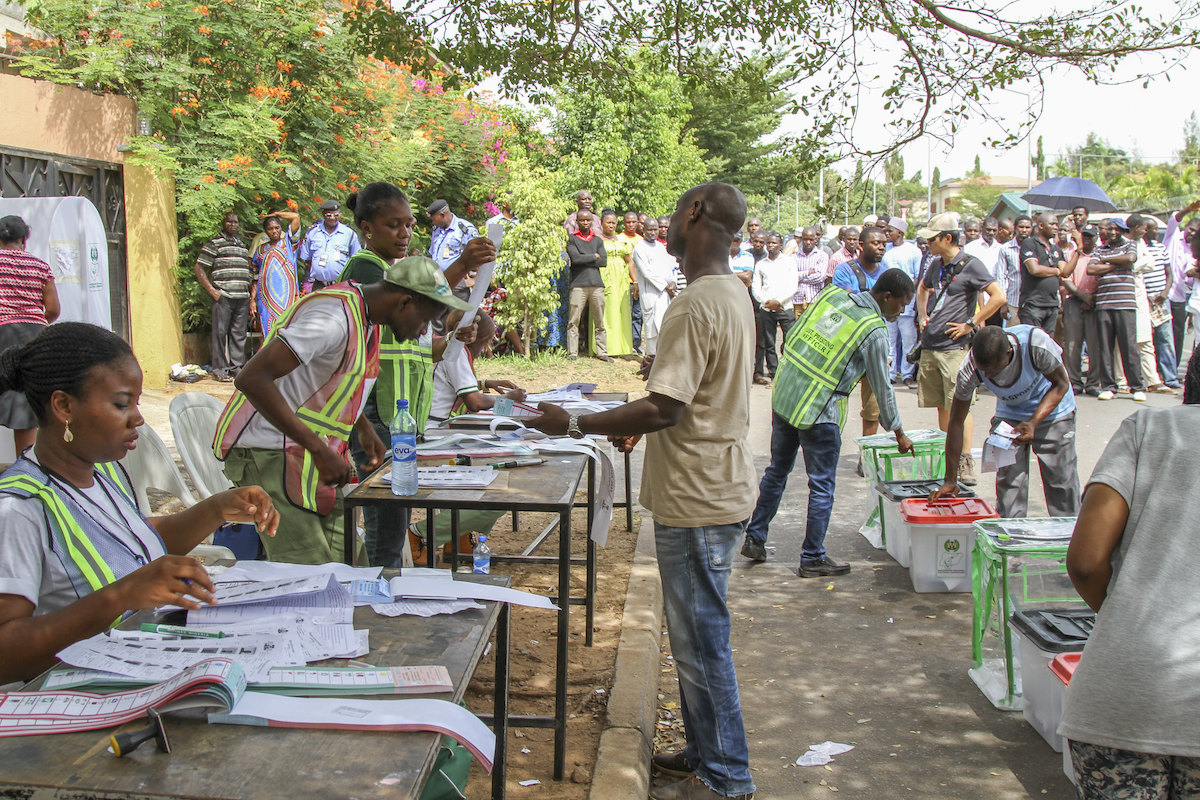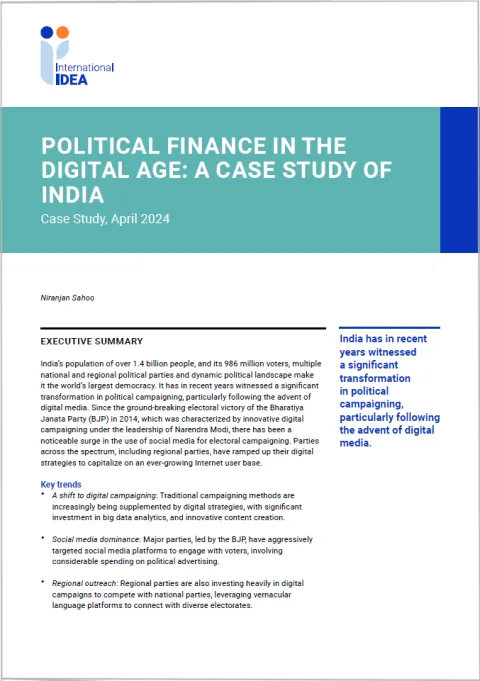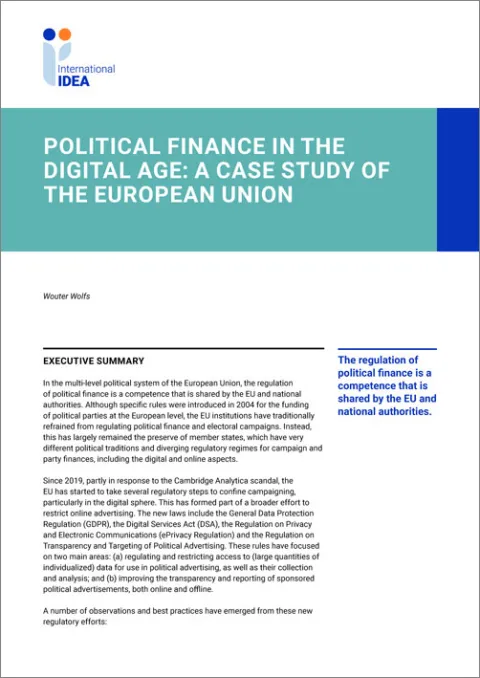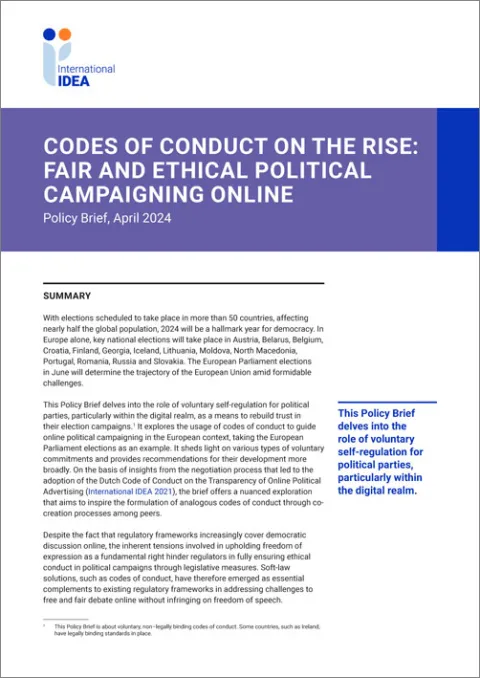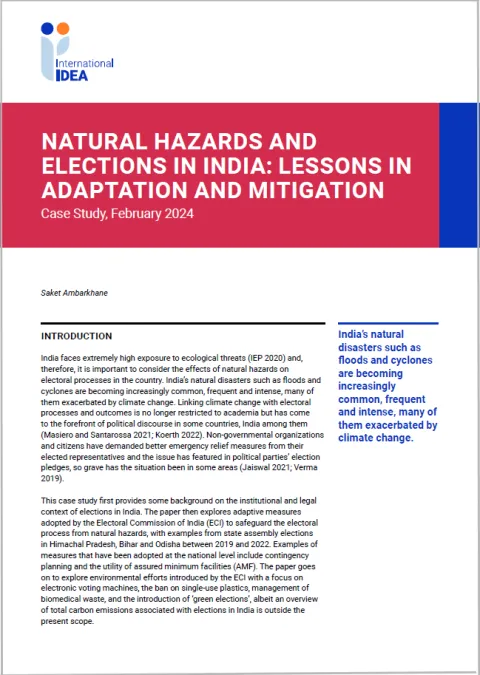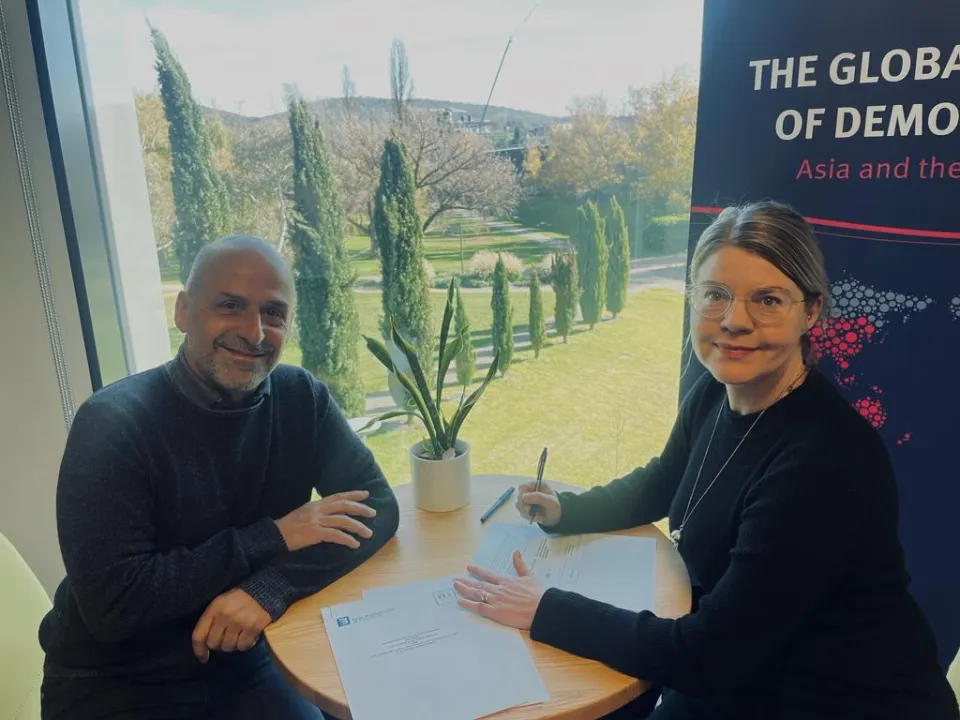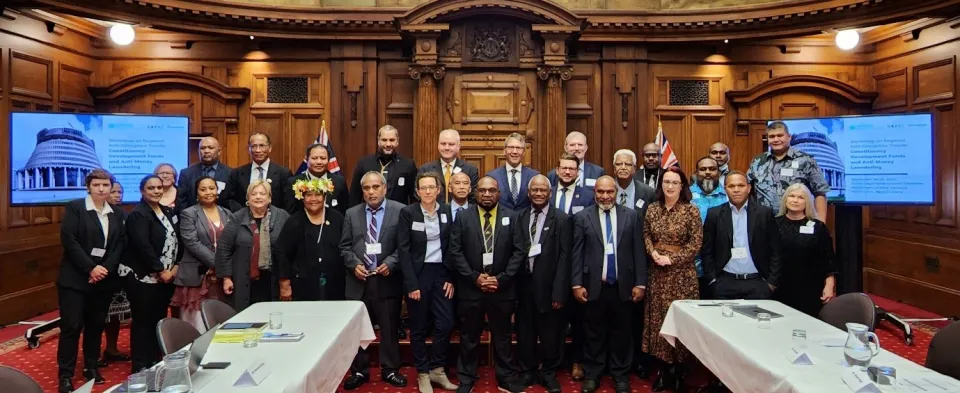Digital Campaigning and Political Finance in the Asia and the Pacific Region
This report studies the intersection between digital campaigning in elections, and political finance and its regulation in the Asia and the Pacific region. In so doing, it connects the digital disruption with an existential threat to democracies across the world―money in politics. Political finance poses the danger of not only ‘policy capture’ but also, in worse scenarios, state capture by monied interests.
The report maps out the nature and extent of digital campaigning in the Asia and the Pacific region, with a focus on five country case studies (Australia, India, Indonesia, Japan and Kyrgyzstan), and it studies the regulation of digital campaigning under political finance laws. It analyses the democratic implications of digital campaigning for political finance and its regulation. Recommendations are provided for regulating the nexus between digital campaigning and political finance to enhance the benefits of digital campaigning for democracies in the Asia and the Pacific region.
Details
Author(s)
Related databases & tools
Contents
Acknowledgements
Chapter 1. THE NEGLECTED NEXUS
Chapter 2. THE STATE OF DIGITAL CAMPAIGNING IN THE REGION
Chapter 3. POLITICAL FINANCE REGULATION AND DIGITAL CAMPAIGNING IN THE REGION
Chapter 4. UNDERMINING DEMOCRACY THROUGH REGULATORY PATH DEPENDENCE?
Chapter 5. KEY FINDINGS AND RECOMMENDATIONS
Case study. AUSTRALIA
Case study. INDIA
Case study. INDONESIA
Case study. JAPAN
Case study. KYRGYZSTAN
Annex A. Analysis of political finance regulation in the Asia and the Pacific region
Annex B. List of questions for country case studies
References
CASE STUDIES
About the authors
About the partners
Give us feedback
Do you have a question or feedback about this publication? Leave us your feedback, and we’ll get back to you
Send feedbackDigital Campaigning and Political Finance in the Asia and the Pacific Region
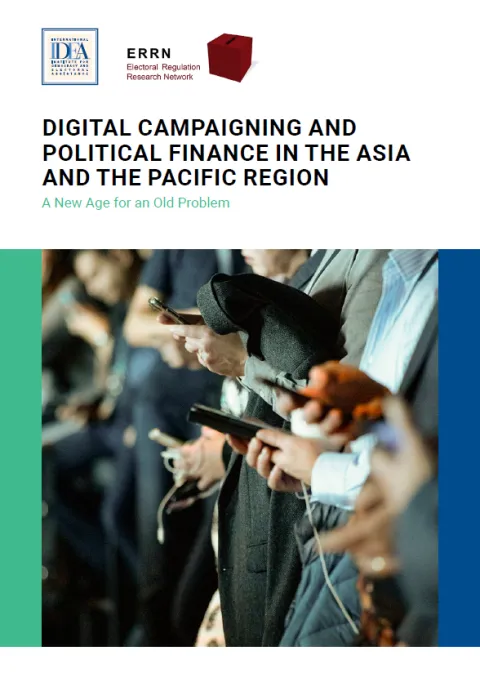
| Total views | 3510 |
|---|---|
| Downloads | 131 |
| Rating |
Authors
Related databases & tools
Give us feedback
Do you have a question or feedback about this publication? Leave us your feedback, and we’ll get back to you
Send feedback